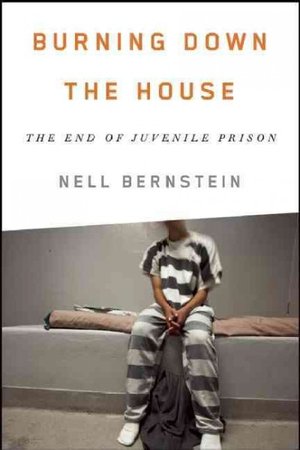‘Burning Down The House’ Makes The Case Against Juvenile Incarceration
Resource type: News

By NPR Staff
The American rate of juvenile incarceration is seven times that of Great Britain, and 18 times that of France. It costs, on average, $88,000 a year to keep a youth locked up — far more than the U.S. spends on a child’s education.
But the biggest problem with juvenile incarceration, author Nell Bernstein tells Fresh Air‘s Dave Davies, is that instead of helping troubled kids get their lives back on track, detention usually makes their problems worse, and sets them in the direction of more crime and self-destructive behavior.
“The greatest predictor of adult incarceration and adult criminality wasn’t gang involvement, wasn’t family issues, wasn’t delinquency itself,” Bernstein says. “The greatest predictor that a kid would grow up to be a criminal was being incarcerated in a juvenile facility.”
Bernstein’s new book, Burning Down the House: The End of Juvenile Prison, takes an in-depth look at juvenile incarceration. The journalist has spent years covering the juvenile justice system, and has interviewed hundreds of young people in detention facilities.
